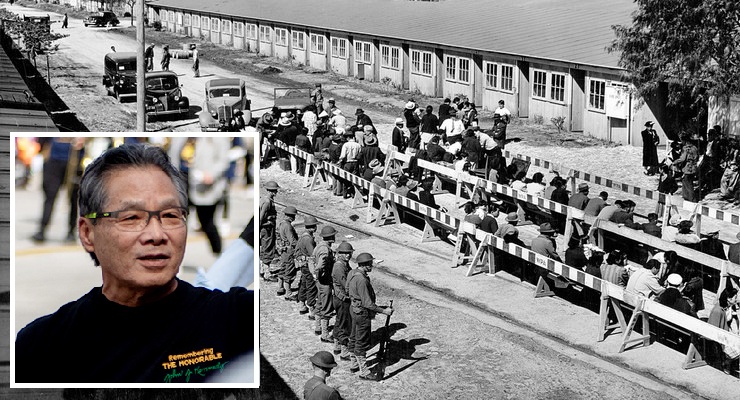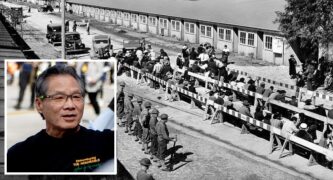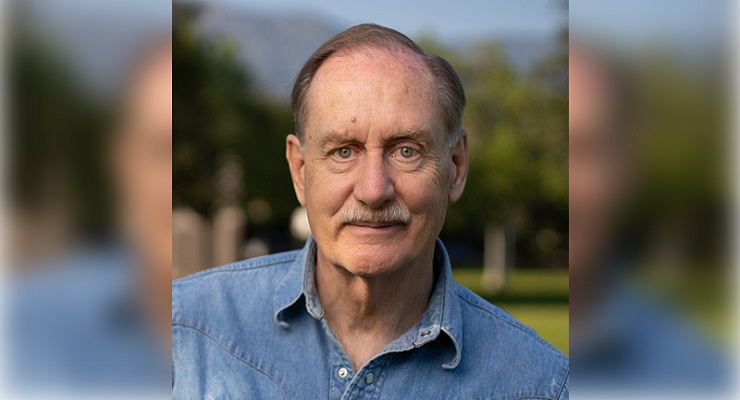
Two months after the Japanese attack on Pearl Harbor, Roosevelt’s order authorized the forced removal and incarceration of Japanese Americans from the West Coast into “relocation centers” further inland.
Pasadena City Councilmember Gene Masuda said his family’s internment experience drives his commitment to protecting civil rights and due process in contemporary governance challenges.
Though not born during the World War II era when over 120,000 Japanese Americans were forcibly removed from their homes, Masuda gleaned powerful lessons from his parents’ notable stoic silence about that dark period.
“I wasn’t born, but I learned from my parents, even though they didn’t talk about it very much. The way it has shaped me is that I feel that every citizen of our great country should be respected and that their civil rights should always be protected by our government, especially our federal government,” Masuda told Pasadena Now.
The District 4 Councilmember said the internment’s psychological impact resonates through generations, noting the estimated $2.5-$5.9 billion in economic losses, adjusted for inflation, suffered by Japanese American families during the early 1940’s and the impacts of that communal setback.
“You can’t take away individual’s or family’s dignity. It was a betrayal by the United States that ripped families and individuals from homes, which I think was a racial prejudice,” Masuda said.
The 1942 executive order, signed by President Franklin D. Roosevelt, gave families as little as six days to abandon their homes, businesses and possessions, affecting two-thirds of Japanese Americans who were legal United States citizens.
“What was awful about that whole thing is that there was a naval intelligence officer that actually made a report about Japanese Americans, and his report was that Japanese Americans were loyal to the nation. That’s before, before [Executive Order] 9066 came out… It’s even more so a sad issue because it … violated due process,” Masuda said.
While the Civil Liberties Act of 1988 provided formal apologies and $20,000 reparations to surviving incarcerees, Masuda acknowledges the complexity of addressing historical injustices while respecting Roosevelt’s overall leadership.
Through his governance role in Pasadena, Masuda advocates for preserving historical memory through institutions like the Japanese American National Museum in Little Tokyo, stressing public education’s critical role in preventing similar civil rights violations during times of national crisis.














 3 comments
3 comments


